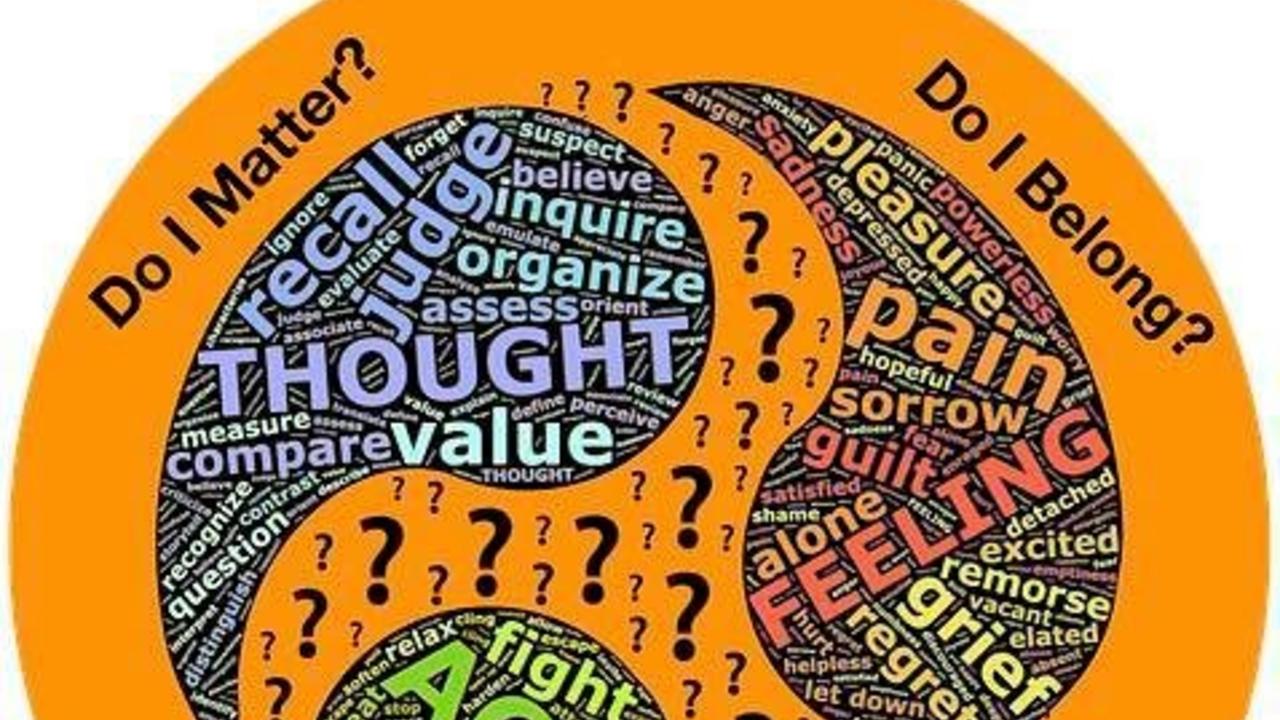The science of belonging
Sep 29, 2020

Biologically we are also wired to have a sense of belonging.
Research has shown early attachments when we are young affect our relationships when we are older, with positive secure attachments assisting with healthier relationships in adult life.
It begins as early as in the womb, with women who produced higher levels of oxytocin in the first trimester of pregnancy, showing better connection with their babies.
Oxytocin appears to play a significant role in our social connections under various conditions, including stress, where it is also found at high levels along with the hormone cortisol.
Psychologists have labelled this the “ tend and befriend” responses, with higher levels of oxytocin in low stress conditions providing tenderness to relationships and high oxytocin in stressful conditions, causing people to seek out or befriend more connection with others.
Neuroscientists have also described the feelings of disconnection, not belonging and social rejection is not so different from physical pain.
Consider how we present ourselves to others;
Honouring and Serving,
Simran K. Rattan MD
Simran K. Rattan MD
